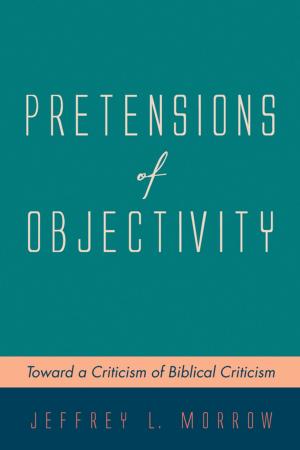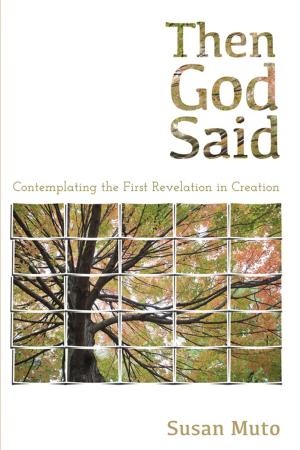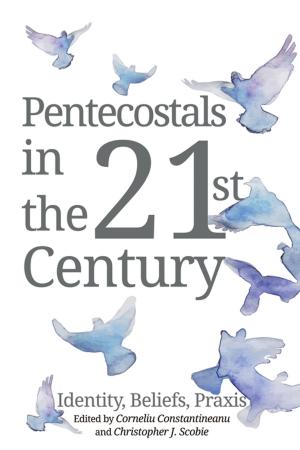African Proverbs Reveal Christianity in Culture
A Narrative Portrayal of Builsa Proverbs Contextualizing Christianity in Ghana
Nonfiction, Religion & Spirituality| Author: | W. Jay Moon | ISBN: | 9781498275231 |
| Publisher: | Wipf and Stock Publishers | Publication: | June 1, 2009 |
| Imprint: | Pickwick Publications | Language: | English |
| Author: | W. Jay Moon |
| ISBN: | 9781498275231 |
| Publisher: | Wipf and Stock Publishers |
| Publication: | June 1, 2009 |
| Imprint: | Pickwick Publications |
| Language: | English |
In many oral cultures local proverbs are highly regarded for their wisdom and prized for their aesthetic expression. In this study Jay Moon provides an in-depth look at the use of local proverbs among the Builsa culture of Ghana, West Africa. In particular, the author's research shows how local proverbs can facilitate contextualized expressions of Christianity that are both biblically authentic and culturally relevant. The process of initiating and sustaining this form of expression is explicated with the help of an engaging narrative, providing valuable insights for those striving for genuine and meaningful expression of Christ in culture. This study will be especially beneficial to the missionary community, particularly for the purposes of appreciating oral literature in primary oral cultures, finding proper roles in the contextualization process, identifying cultural values via the window of local proverbs, training missionaries in cultural understanding, and tailoring discipleship training to incorporate significant aspects of orality
In many oral cultures local proverbs are highly regarded for their wisdom and prized for their aesthetic expression. In this study Jay Moon provides an in-depth look at the use of local proverbs among the Builsa culture of Ghana, West Africa. In particular, the author's research shows how local proverbs can facilitate contextualized expressions of Christianity that are both biblically authentic and culturally relevant. The process of initiating and sustaining this form of expression is explicated with the help of an engaging narrative, providing valuable insights for those striving for genuine and meaningful expression of Christ in culture. This study will be especially beneficial to the missionary community, particularly for the purposes of appreciating oral literature in primary oral cultures, finding proper roles in the contextualization process, identifying cultural values via the window of local proverbs, training missionaries in cultural understanding, and tailoring discipleship training to incorporate significant aspects of orality















